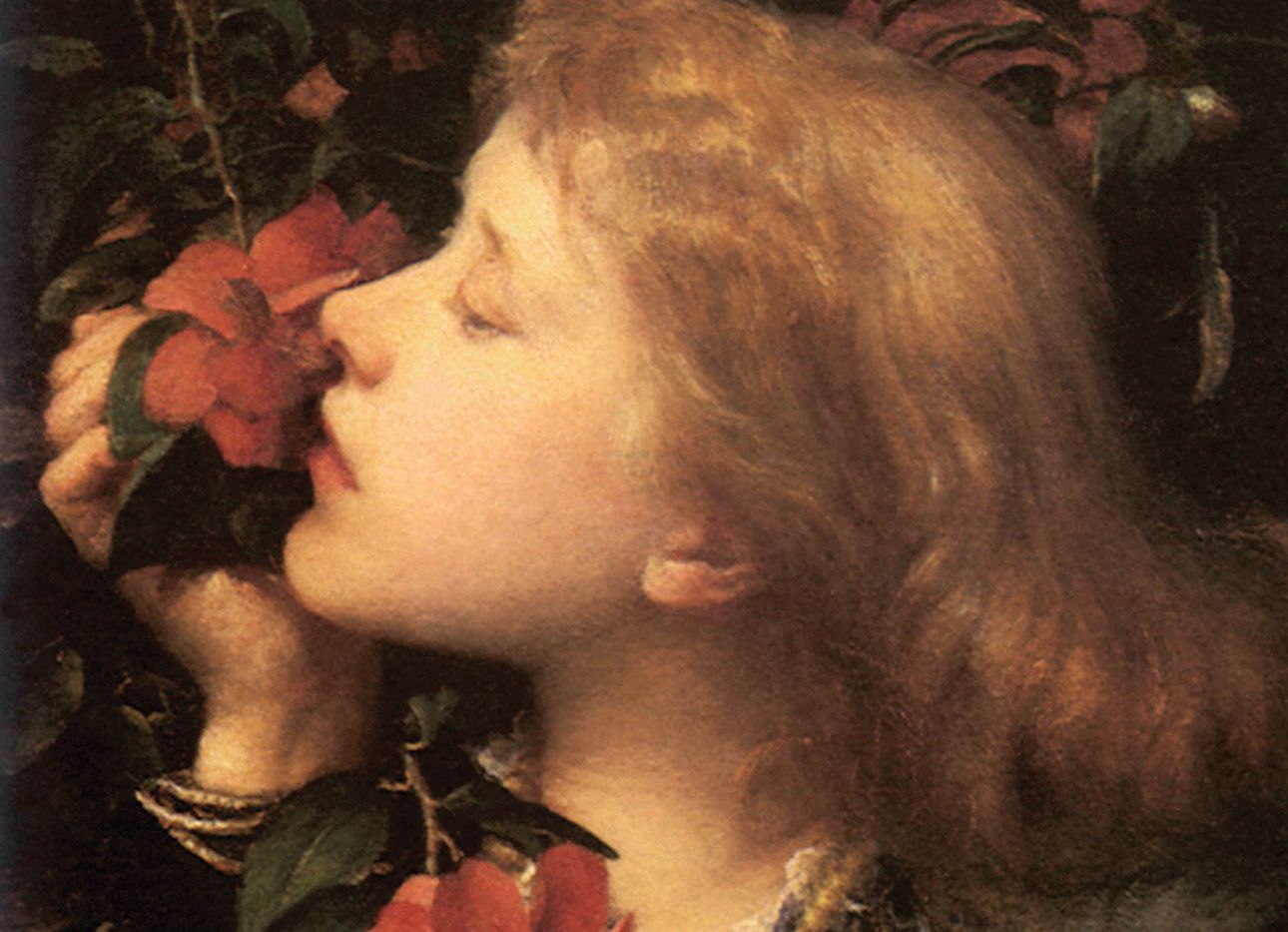
According to This French Historian, “Bad” Odors Are Learned, Not Inherent
“Our sense of smell is entirely shaped by cultural phenomena arising as a result of specific historical processes,” Robert Muchembled writes in his new book, Smells: A Cultural History of Odors in Early Modern Times (Polity). The French historian and professor—who has previously written books on subjects including the devil, violence, and orgasms—offers a distinctive, deeply researched, and often amusing olfactory lens onto 16th to 18th century France. His accounts include wild historical tales: There’s mention of a journal entry from princess Elizabeth Charlotte, who describes a farting contest between herself, her husband, and their son. Elsewhere, he recalls questionable medicine and beauty practices of the 17th century, in which people used ingredients such as animal droppings to cure ailments and, as a commonly prescribed moisturizer, “urine from a young person who drinks nothing but wine.”
What Muchembled consistently argues—in such, ahem, vivid descriptions—is that many of the smells we find repulsive today have been learned and dramatically conditioned by society as a way of denying man’s “animal nature” and moralizing scent as a way to subjugate others (including women, who were condemned throughout the 16th and 17th centuries for smelling “worse” than men). History often privileges its narrative around space and time; this one, by contrast, presents a smellscape like no other—one that makes you wonder about all that’s been banished from our present, relatively odor-free environments.